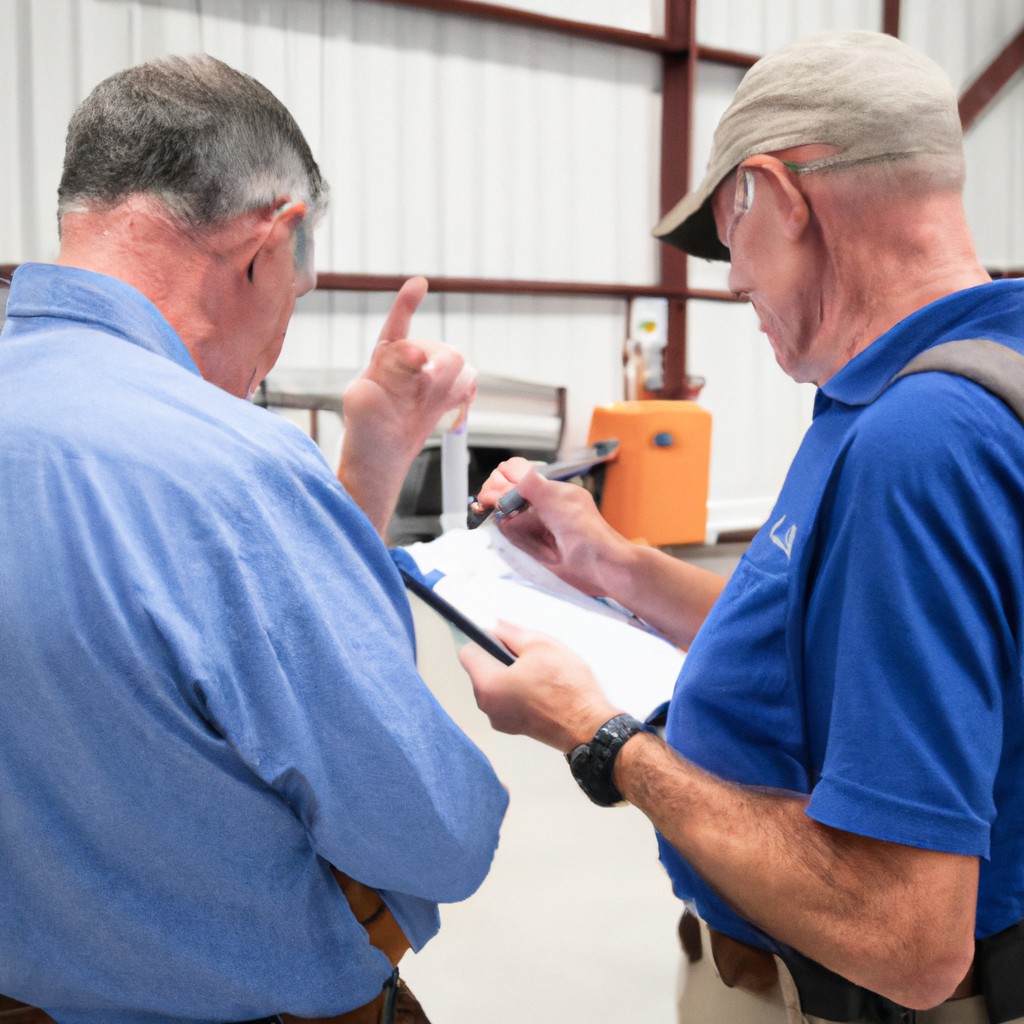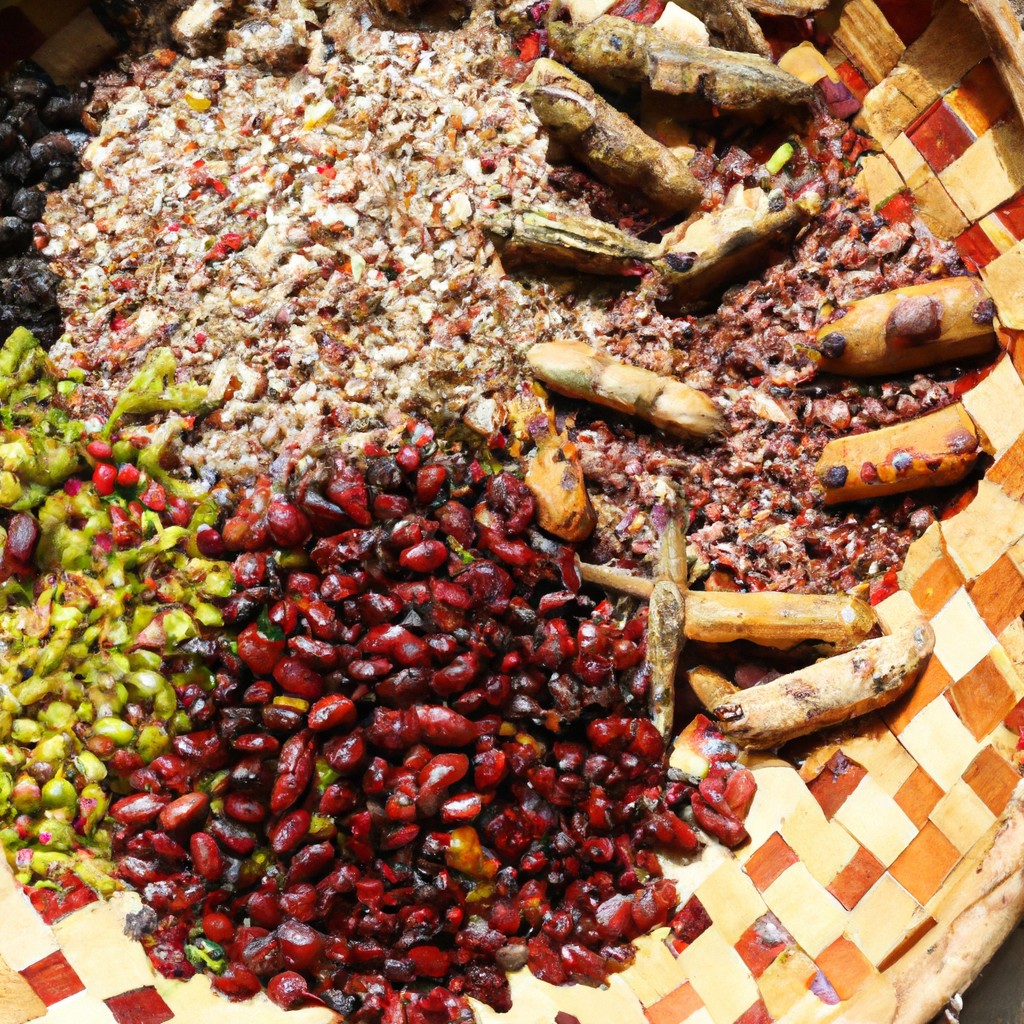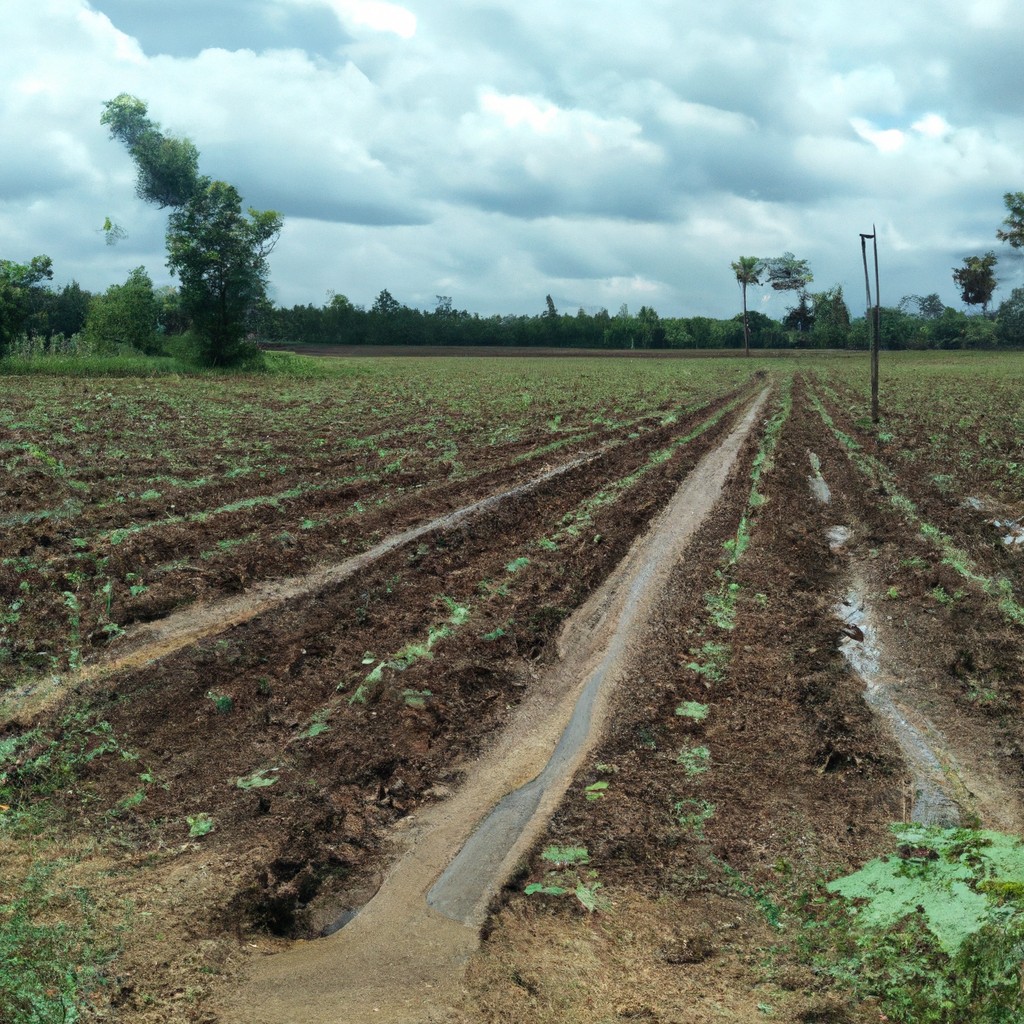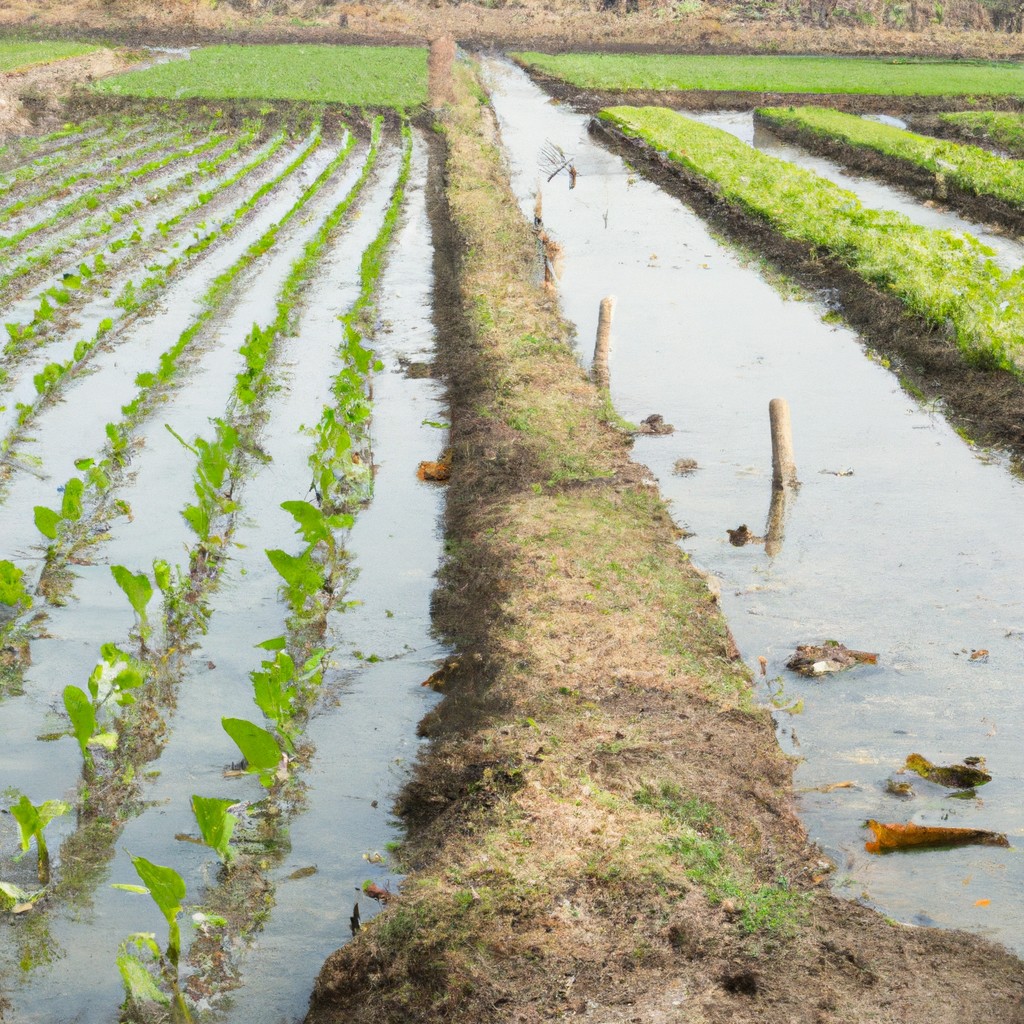Discover a whole world of sustainable farming know-how with online agriculture courses designed for eager green thumbs ready to sprout.
Look Inside:
Explore Agriculture Course Catalog

You can dive into a treasure trove of agricultural knowledge with a wide array of online courses. They cover everything from soil science to advanced drone technology for crop monitoring. And yes, you can finally figure out what “biochar” actually is without pretending to nod knowingly.
For budding farmers, there are beginner courses focusing on the basics of crop rotation, irrigation, and pest control. Seasoned pros can up their game with specialized courses in organic certification, permaculture design, and sustainable livestock management.
Some cool topics you might stumble upon include:
- Hydroponics: So, plants can grow without soil? Prepare to have your mind blown.
- Climate-smart agriculture: Farming in harmony with Mother Nature. No, not singing “Kumbaya” but almost as harmonious!
- Robot farmers: Because who wouldn’t want a robot to help weed the garden at 2 AM?
Online platforms cater to different learning styles, too. Love videos? They got you. Prefer PDFs you can highlight and mark up like a detective on a mission? You’re covered.
Learning options are flexible. You can choose self-paced courses if you tend to procrastinate (we all do, it’s fine) or opt for live sessions to stay on track.
Sustainable Agricultural Land Management
Sustainable land management is like giving Mother Nature a long-needed spa day. It’s all about using resources wisely and planning for the future.
Rotating crops is a classic move. It’s a plant version of musical chairs, keeping the soil lively and nutrient-rich. Cover crops also pull double duty, preventing soil erosion while adding nutrients back into the ground.
Composting might be your new best friend. Kitchen scraps and yard waste transform into organic gold, enriching your soil without a chemical in sight.
Then there’s integrated pest management. Think of it as your garden’s own security detail, using natural predators to keep the crop-munching villains in check.
Water conservation is equally crucial. Drip irrigation systems deliver water straight to the roots, reducing wastage and evaporation. Mulching helps too, keeping the soil moist and cool like a sunhat for your garden.
Each of these methods promotes healthier soil, biodiversity, and reduces the need for synthetic inputs, making your farm both productive and sustainable.
IoT Enabled Farming
Picture this: your tractor is chatting with your irrigation system, and your soil sensors are texting your smartphone. Welcome to the world where WiFi meets wheat.
Here are a few cool things that IoT can do on your farm:
It can measure soil moisture every hour and activate the sprinklers when your crops feel thirsty. No more guessing games or underwatered tomatoes!
Temperature and humidity sensors can detect when barn conditions become more like a vacation in the tropics, so fans switch on automatically, keeping your livestock comfy.
Drones buzzing overhead can spot pest invasions before they become a dinner-for-all, allowing for timely interventions.
GPS-equipped tractors can plow fields so straight that even your most OCD neighbor will be impressed.
Smart bins can tell you the grain level, so you’ll know when it’s time to haul more without crawling into every silo like a farmer-ninja.
Final point: Get ready to farm in your pajamas because remote monitoring and control are here to take over!
Agroforestry
Picture this: trees and crops living in perfect harmony, like buddies who share everything. That’s agroforestry for you. By blending trees and shrubs into crop and livestock fields, famers can boost biodiversity, reduce erosion, and improve soil health.
Why is this a fabulous idea? For starters:
– Trees act like natural air conditioners. They provide shade, which helps cool down crops and livestock, leading to happier plants and animals.
– Root systems of trees and shrubs stabilize the soil, reducing erosion. It’s like nature’s way of giving the land a big, supportive hug.
– Many trees fix nitrogen, improving soil fertility. It’s like having a garden gnome that also happens to be a top-notch gardener.
– Biodiversity skyrockets. Birds, insects, and critters love the mixed environment, making pests less of a problem. It’s as if nature throws itself a little biodiversity party every day.
– Carbon sequestration kicks into high gear – the trees trap CO2, helping to combat climate change while you grow your veggies.
And there you go, a snazzy combo of reasons to integrate trees and crops. It’s agriculture with benefits, no magic wand required.
Online Courses for Aspiring, New, & Experienced Farmers
Here’s where it gets juicy! Whether you’re just sprouting or are a well-rooted farmer, online courses can be a game-changer.
- For the rookies:
- Intro to Soil: It’s all about that base. Learn what makes soil tick and how to keep it healthy.
- Crop Basics: Discover which plants are divas and which ones are low-maintenance.
- For the intermediate green thumbs:
- Pest Management: Because nobody likes a party crasher.
- Composting 101: Turn yesterday’s leftovers into tomorrow’s fertile ground.
- And for the seasoned pros:
- Data-Driven Farming: Tap into your inner techie. Analyze data to maximize yield.
- Advanced Agroforestry: Blend trees and crops for a multi-layered ecosystem.
So, grow your knowledge and your crops, no matter where you stand in the farming lifecycle.




